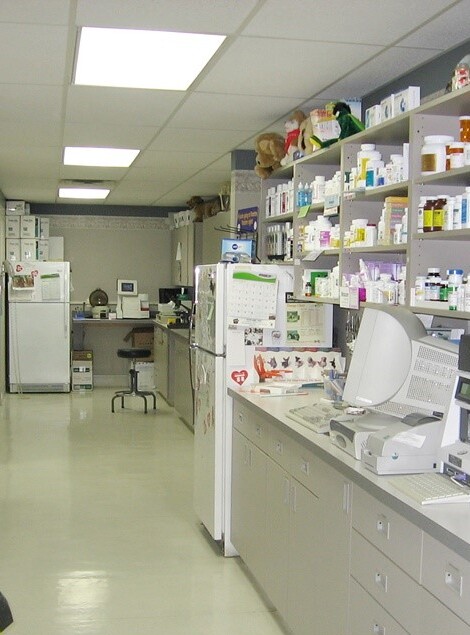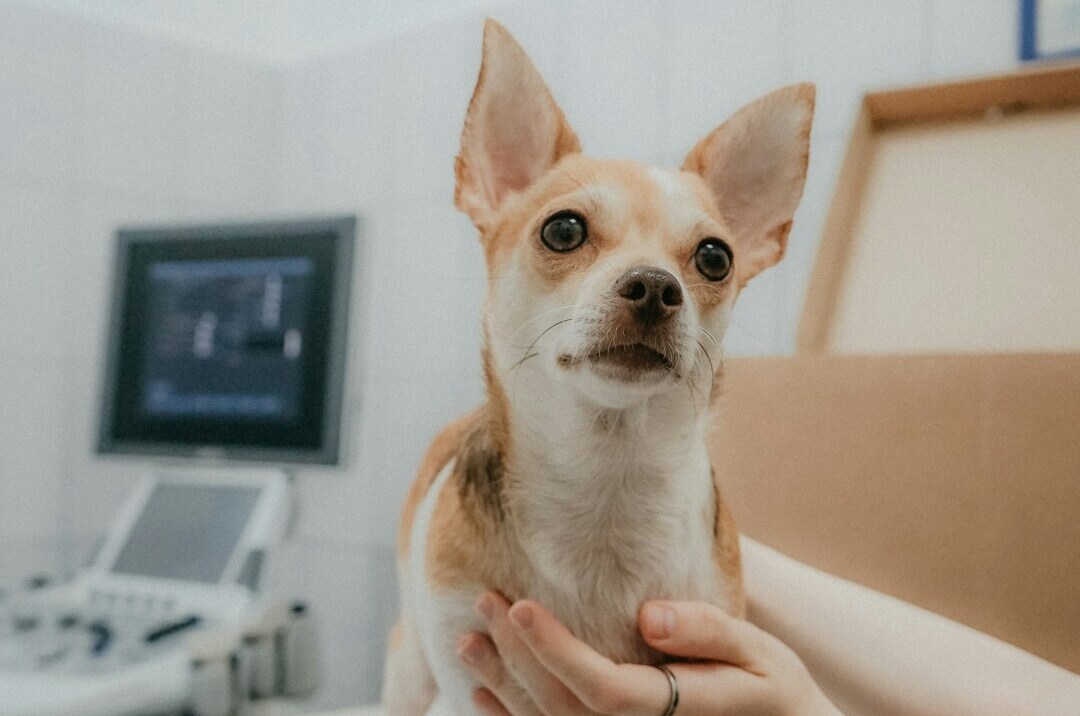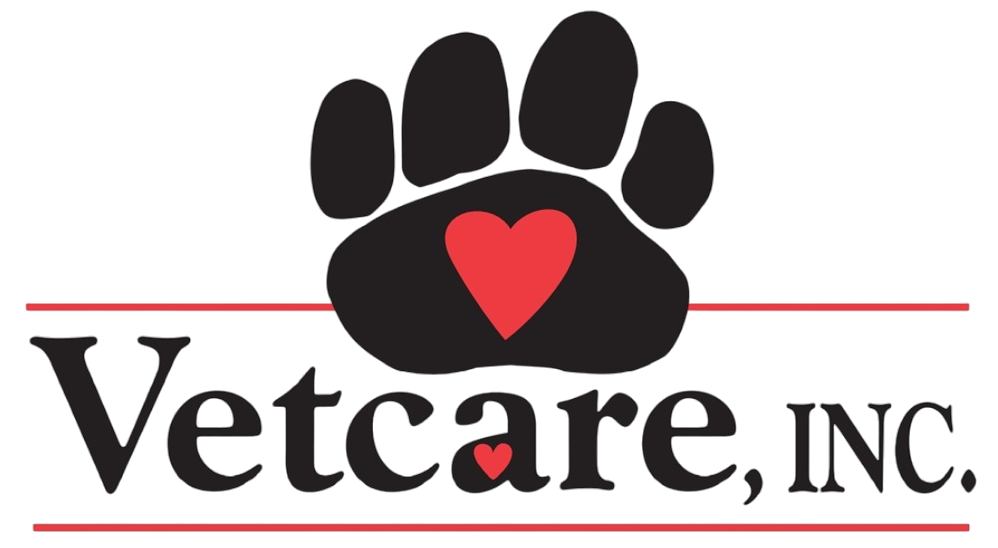Veterinary Diagnostics & Imaging in Jonesboro, AR
We use advanced diagnostics and imaging tools to uncover what your pet can’t tell us so that we can treat problems with confidence and care.
Fast, Accurate Answers When Your Pet Needs Them Most
At Vetcare, we know that pets can’t always tell us what’s wrong — and sometimes, physical exams alone don’t provide the whole picture. That’s why we offer comprehensive veterinary diagnostics and imaging services right here at our Jonesboro, AR, clinic.
From bloodwork and urinalysis to pet X-rays and ultrasound, our in-house tools help us detect, diagnose, and monitor health conditions with greater speed and accuracy. This means faster answers, less stress, and more effective treatment for your pet.

In-House Laboratory Services
Our veterinary in-house lab allows us to run essential tests quickly, often with same-day results. This rapid turnaround is especially critical in emergencies or when your pet isn’t feeling well, and we need to act fast.
Our in-house diagnostics include:
- Bloodwork (CBC, chemistry panels, thyroid testing, and more)
- Urinalysis to assess kidney function, hydration, and urinary health
- Fecal testing for parasites and gastrointestinal issues
- Cytology for skin, ear, and lump evaluations
- Heartworm and tick-borne disease testing
Veterinary Imaging: X-Rays & Ultrasound
When a physical exam doesn’t reveal the full story, imaging tools provide crucial insight into your pet’s internal health. At Vetcare, we use safe, non-invasive imaging tools to diagnose a range of conditions quickly and accurately.
Pet Radiology (X-Rays)
X-rays are one of the most widely used tools in veterinary diagnostics. They allow us to view your pet’s bones, joints, chest cavity, and abdomen, helping us identify fractures, arthritis, tumors, fluid buildup, and foreign objects.
We may recommend radiology for pets experiencing pain, limping, breathing issues, or gastrointestinal concerns. X-rays are quick, non-invasive, and typically do not require sedation unless the pet is highly anxious or uncomfortable.
Our radiographic equipment provides high-resolution images that enable our veterinary team to assess conditions accurately and develop appropriate care plans promptly.


Pet Ultrasound
Ultrasound uses sound wave technology to produce real-time images of your pet’s internal organs. This tool is especially helpful for evaluating soft tissues — such as the liver, kidneys, spleen, bladder, and heart — without exposing your pet to radiation.
Ultrasound is commonly used to:
- Investigate abnormal bloodwork or X-ray findings
- Monitor heart function (echocardiograms)
- Diagnose gastrointestinal, urinary, or reproductive issues
- Guide biopsies and fluid sampling
Ultrasound is completely painless and often requires only gentle restraint. For longer procedures or more anxious pets, mild sedation may be used to help keep them calm and comfortable.
